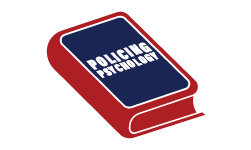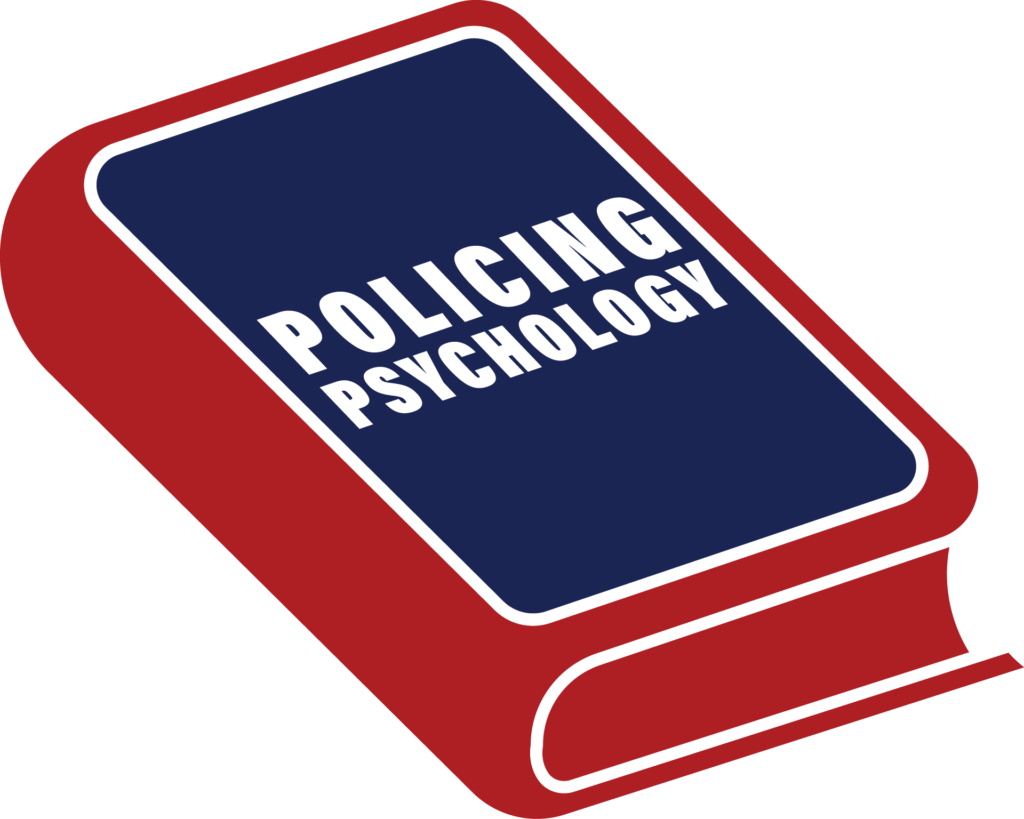Staying Visible, Staying Connected, For Life
Why this reading is important:
Each year more police officers have died from suicide then from homicide and motor vehicle collisions. However, most police training programs devote 99% or more of their training to things other than mental health, despite proven examples of success in reducing suicide through training and education, such as the LAPD’s know suicide program. This government report was created with the help of many experts from a variety of fields, who conducted an in-depth analysis into the 9 police suicides that took place in Ontario, Canada in 2018. However, the panel extended their focus to expand beyond preventing suicides to also include helping to improve police officer mental health. This report lists the most important aspect as the normalization of mental health, which is one of my primary goals with the creation of my website. Law enforcement professionals need to be educated in the psychology of the policing profession, but unfortunately, we have failed to deliver that as a profession, so I am trying to create that change through informal education.
Overview:
This 29-page report is a highly detailed report which has been written by experts from a variety of relevant fields around policing and psychology. There is so much valuable information inside this document that it is hard to write a brief summary. I will be highlighting some aspects that I found important, but I also had to leave out many other important aspects.
Stigma and normalization of mental health:
This report lists the mental health stigma as having a significant impact on police officers. Police officers respond to a high level of mental health calls for service and quickly learn that they do not want to be in that situation. This report stated that stigma needs to be reduced in policing on an urgent priority basis. The report says that we need to normalize mental health in policing. This is one of the reasons why I have shared my own personal mental health experiences, along with my journaling while I was affected by a psychological injury. I have heard from so many officers who have experienced similar things, but like myself, most of them went through it alone, wondering if they were crazy, just like I did. Another aspect related to stigma, is the fear of letting other officers down. The loss of ability to do our job can equate to a loss of our personal identity.
Denial and hiding declining mental health:
The report stated that “a great number of police member will deny and shield the presence of mental health issues for as long as they can.” They also turn more frequently to maladaptive coping strategies, such as alcohol abuse. Many officers avoid using mental health resources out of a fear that others will know about their struggles.
Suicide contagion and clusters:
Where a person learns of the suicide of someone that they know, love or respect and that suicide then becomes a real option for that person. There have been many documented examples of suicides happening that are close in time and proximity, where the follow up suicide(s) are perceived to have the previous suicide as a potential contributing factor.
Impact of police identity:
This report described that most police officers describe police work as a calling and not just a job. They are describing that for many if not most police officers, it becomes an important part of our identify and our view of self. Dr. Gilmartin describes this concept in his book. Emotional Survival for Law Enforcement. Dr. Gilmartin explains that it is important for officers to identify with roles in their lives outside of police work because the officer often lacks control of their police identity and officers can suffer greatly if they are overinvested in their police role.
Resources strained to a breaking point:
The report noted that police resources have been strained to a breaking point in many Ontario communities and that mental health impact is likely to continue and even grow until that is addressed. I have worked for multiple police organizations, in a variety of roles and I can state that based on my experience, the work-load and work place culture can have important impacts on police officer mental health. This report stated that “police members are burning out, many are becoming ill, and some are dying.”
Summary:
This report needs to be required reading for all police officers to increase education and prevent future police suicides. This report provides a thorough examination of the systemic factors that impacted the death of 9 police officers.

